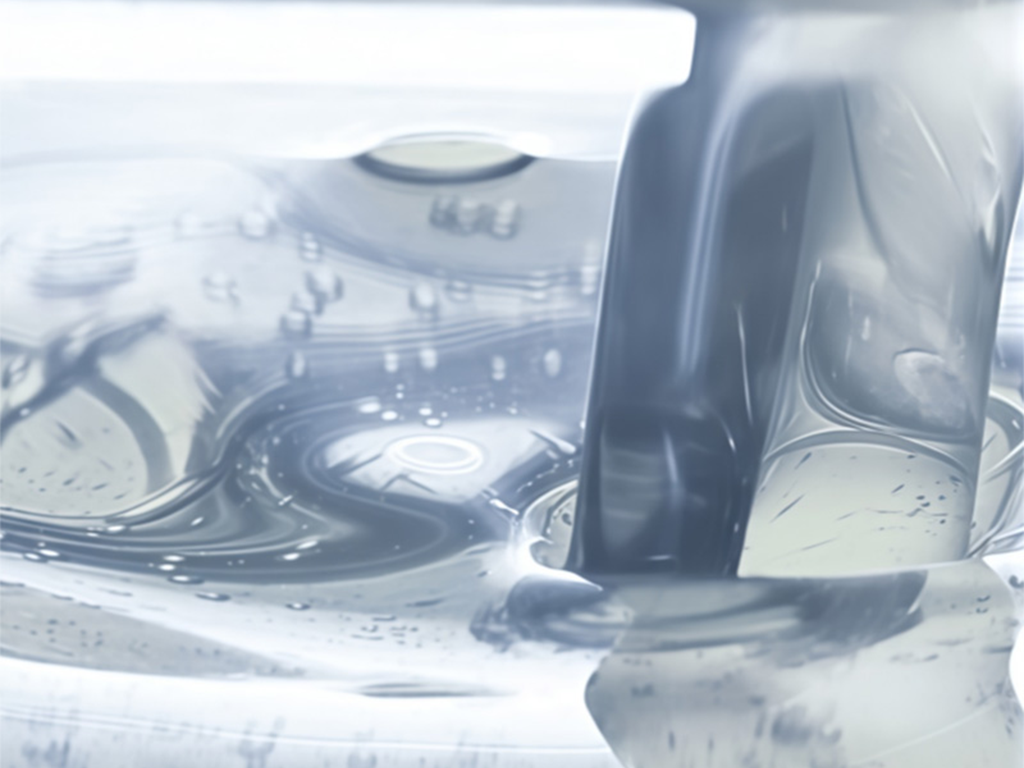Acrylate polymer formulas are customized blends of monomers, initiators, surfactants, and additives designed to achieve specific properties for target applications. The base monomers determine core characteristics: 2-ethylhexyl acrylate (2EHA) enhances flexibility and tack, methyl acrylate improves adhesion, methyl methacrylate adds rigidity, and acrylic acid introduces polarity for substrate bonding. Typical monomer ratios vary by application: adhesives may contain 50-70% 2EHA for flexibility, while coatings might use 30-50% methyl methacrylate for hardness. Initiators (e.g., ammonium persulfate for emulsion polymerization) are added at 0.1-1% to trigger polymerization, with their type affecting molecular weight. Surfactants (anionic or nonionic) stabilize emulsions, preventing particle aggregation, at concentrations of 1-5%. Crosslinkers (e.g., N-methylolacrylamide) are added in small amounts (<2%) to improve cohesion and chemical resistance by forming covalent bonds between chains. Additives include defoamers to reduce foam during production, biocides to prevent microbial growth, and plasticizers to enhance flexibility. pH adjusters (ammonia or amines) set the formula’s acidity, critical for emulsion stability. For example, a water-based pressure-sensitive adhesive formula might include 60% 2EHA, 30% methyl acrylate, 5% acrylic acid, 1% initiator, 3% surfactant, and 1% additives. E Plus Chemical Co., Ltd. offers OEM services to tailor formulas, adjusting monomer ratios and additives to meet specific customer requirements, such as enhanced 耐候性 or lower viscosity, using advanced catalytic polymerization to ensure formula consistency across batches.
